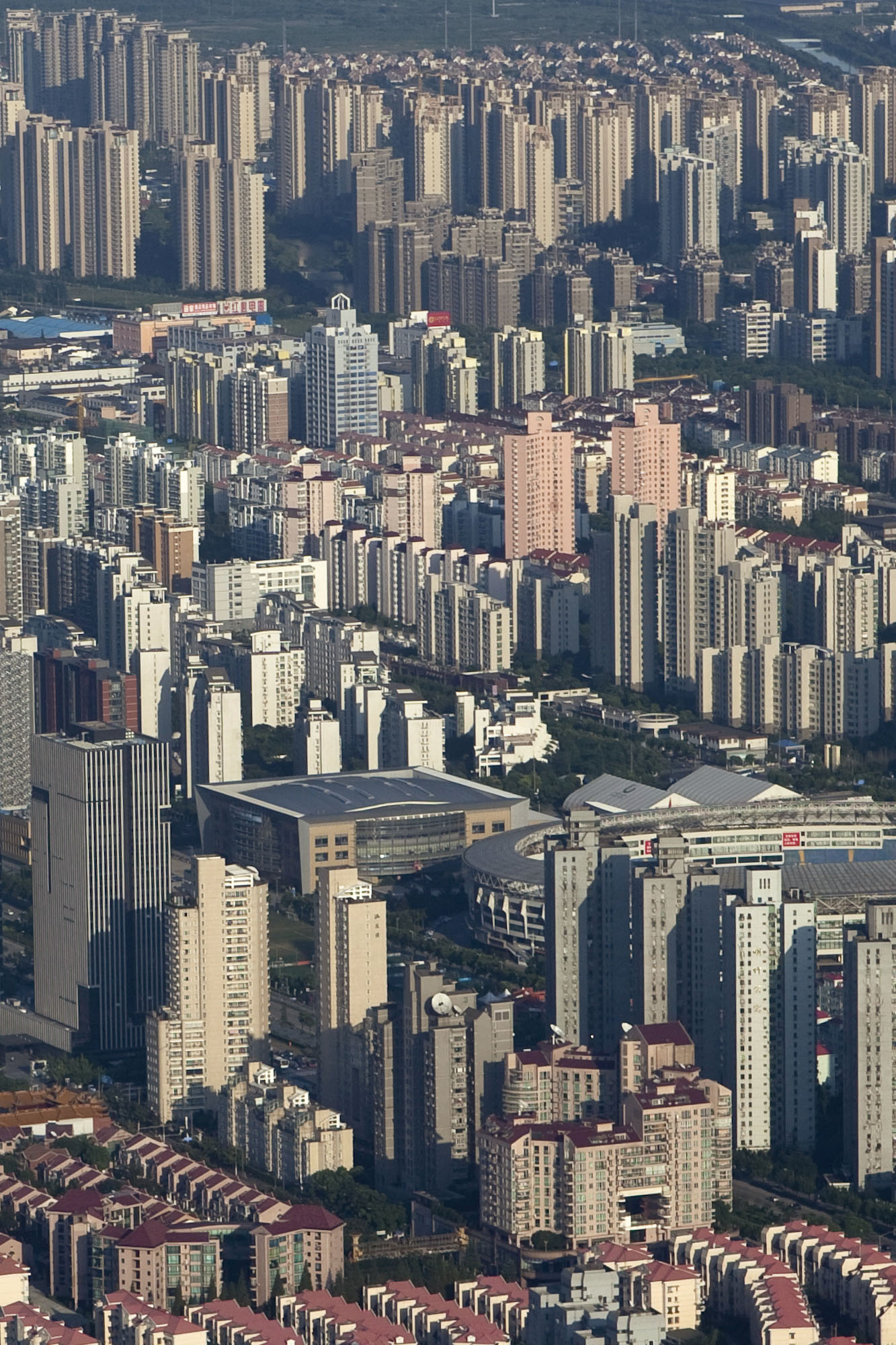Mumbai is the economic powerhouse of India. The city constitutes over 6 percent of the country's economy and is quickly establishing itself as an international financial center. This amazing growth, however, has done little to inspire a coherent planning vision for the metropolitan region. Private interests are carving the city into a jumbled mess in order to capitalize on surging land prices. Currently, proposals to redevelop the Mumbai Port have come under fierce debate as the city grapples with an unprecedented opportunity to build a brighter and more sustainable future.
The Mumbai Port helped establish Mumbai as an industrial center for over a century. It sits on over 700 hectares of prime real estate stretching along the entirety of the city's eastern waterfront. Its necessity to daily life is coming under greater scrutiny, though, as the Nhava Sheva Port across the harbor expands and becomes fully operational. Politicians, architects, and activists are calling for the land to be taken back from the Mumbai Port Trust, which answers to the Ministry of Shipping in New Delhi, instead of the Municipal Corporation of Greater Mumbai.
One of the most recent entries into the fray is APLI Mumbai, a citizen's movement spearheaded by the efforts of Meera Sanyal, a politician and former CEO of the Royal Bank of Scotland in India. APLI Mumbai has already drawn up extensive potential redevelopment plans in addition to those proposed by the Rani Jadhav government committee, the Indian architect Hafeez Contractor, and the Port Trust worker unions. Sanyal is also more immediately addressing the environmentally hazardous activities, including coal dumping, ship breaking, and chemical processing, that the Mumbai Port continues to accommodate despite its proximity to a major population center.
This past September Sanyal, along with retired Vice Admiral I.C. Rao, filed a public interest lawsuit in the Bombay High Court to stop coal handling in Mumbai Port. "All kinds of dark activities take place there," says Sanyal. "Right now they are dumping 1.8 to 2 million tons of coal every year. There are some very toxic ship breaking happening. And then there are all kinds of mafia and underworld activities which go on in the cover of darkness. The lands need to be reclaimed for the city of Mumbai."
It is no secret that Mumbai's growing pains continue to intensify with compounding traffic congestion, incessant pollution, and uncoordinated city planning. Quality of life for many communities is slipping. There is a desperate need for more open space, transportation options, and public housing. Extricating the Mumbai Port from the quagmire of private and political interests already in play will be a formidable task.
Those seeking to redevelop the area in line with greater public interests still keenly remember the loss of the Mumbai cotton mill lands, where hundreds of acres of land earmarked for open space and public housing were lost to developers through a legislative loophole in 1991. Mustansir Dalvi, a professor of architecture at the Sir J. J. College of Architecture in Mumbai, hopes there will not be a repeat.
"Ideally what would happen is that you would break down the wall and allow people access to the water," says Dalvi. "But you allow everyone access to the water, not only those who own the land. Transform it in ways that can move people to the sea, that can make people interact, that can bring people together, where you can have public institutions that belong to everyone. These are opportunities which are there, but would require the state to have amazing vision and magnanimity to make it happen."
A redevelopment of the Mumbai Port that caters to public instead of private interests could not be more important to the city. Such a transformation would also set a new precedent for sustainable city planning across India. Prime Minister Narendra Modi continues to tout his "smart city" concept around the country, and the Mumbai Port would be an ideal proving ground to realize such a vision. He is also likely the only person who could guide the Mumbai Port out of the hands of the Ministry of Shipping and into those who can redevelop it according to the needs of the municipality. The quality of life for millions of Mumbaikars depends on it.

























